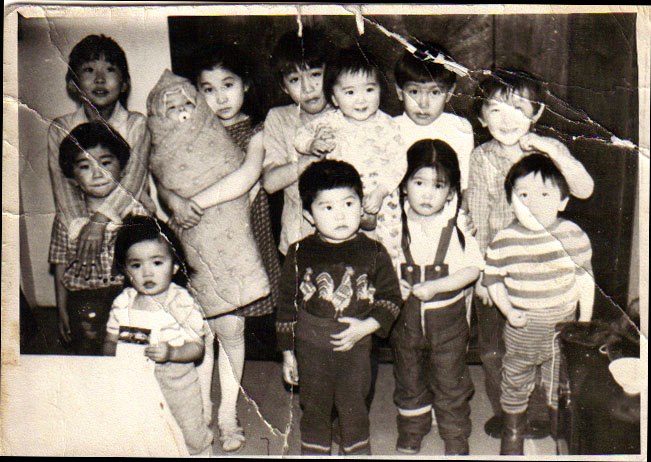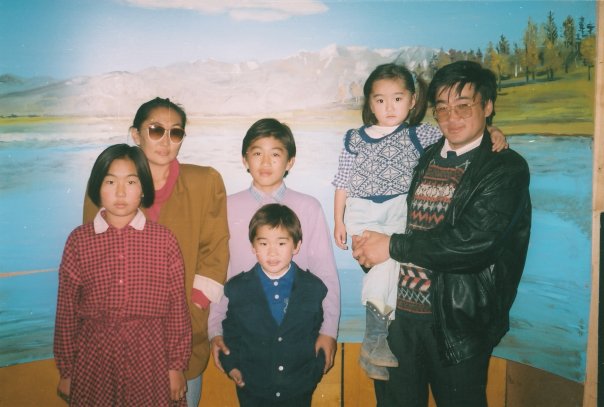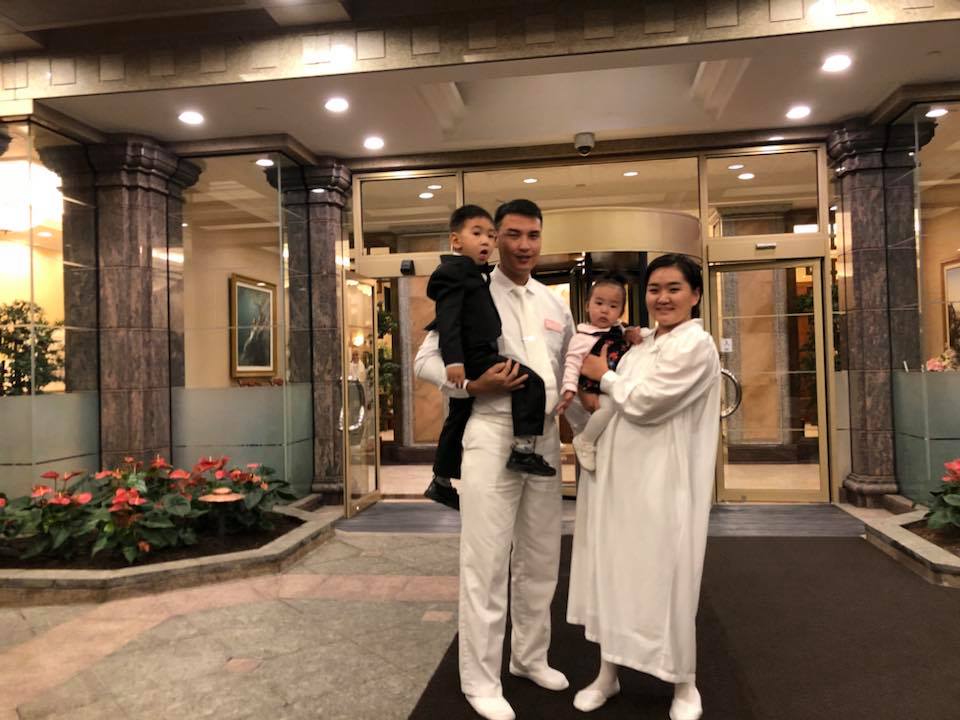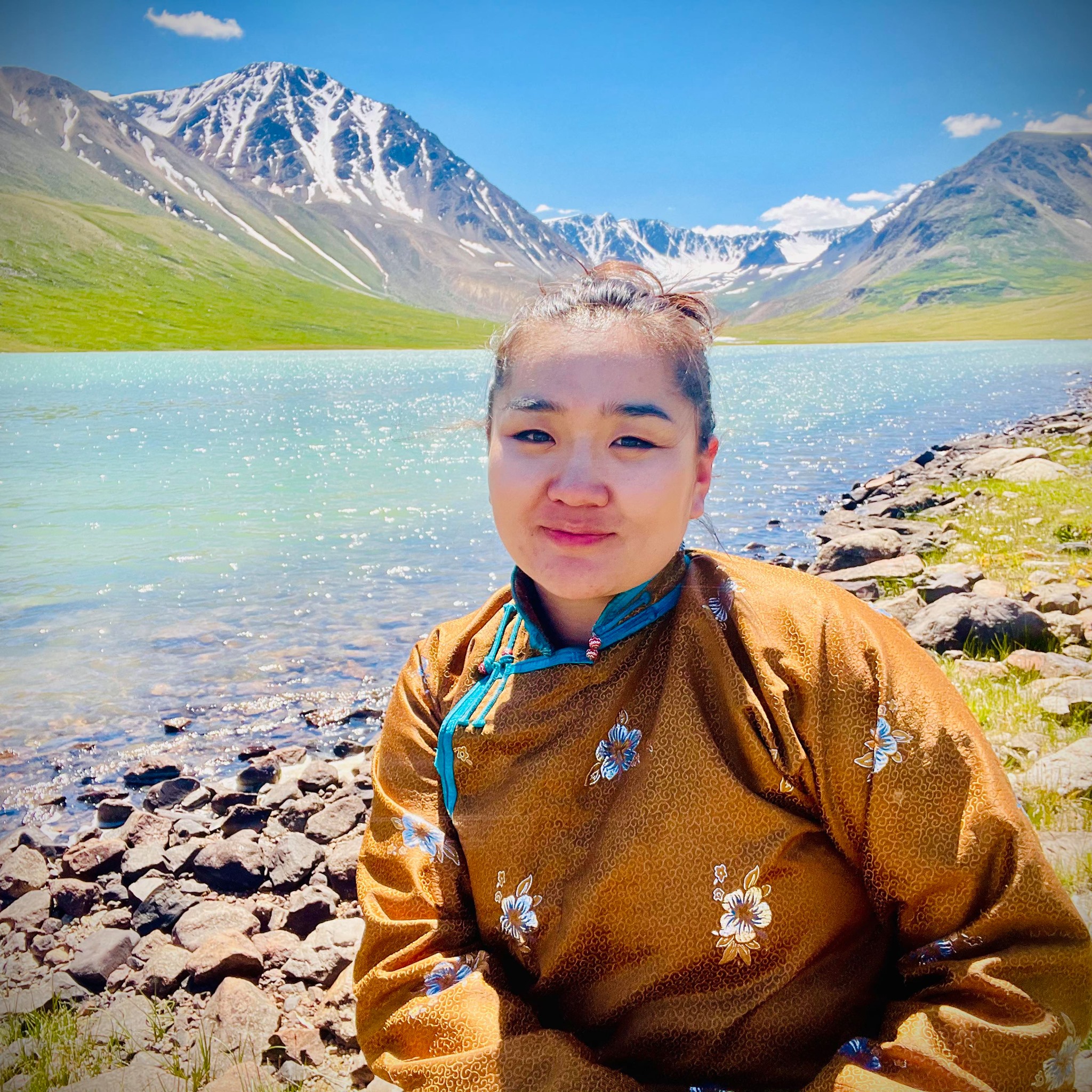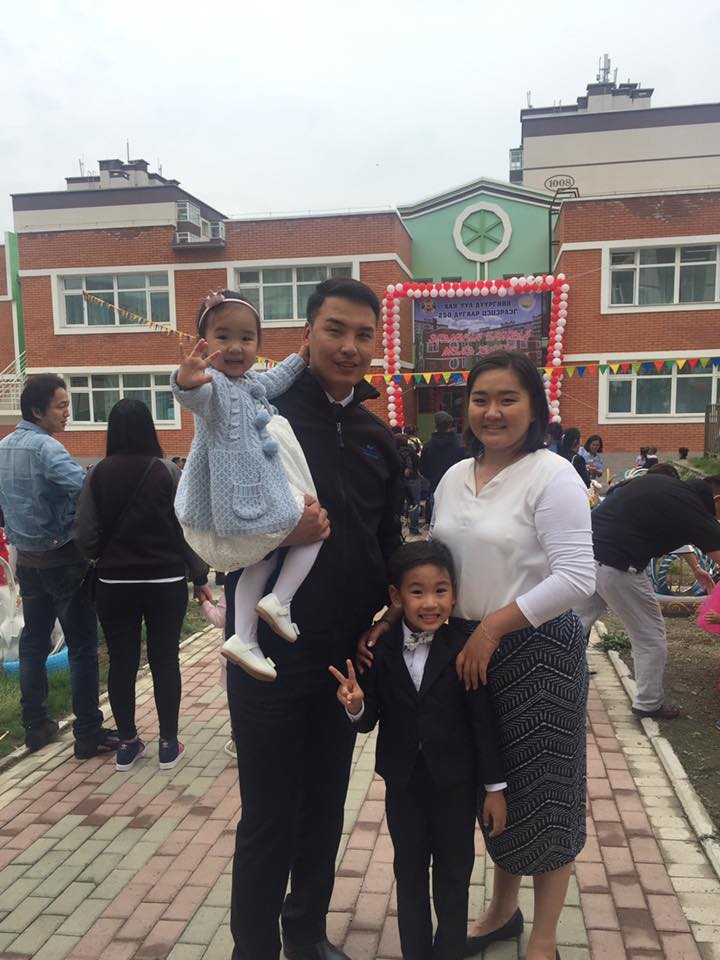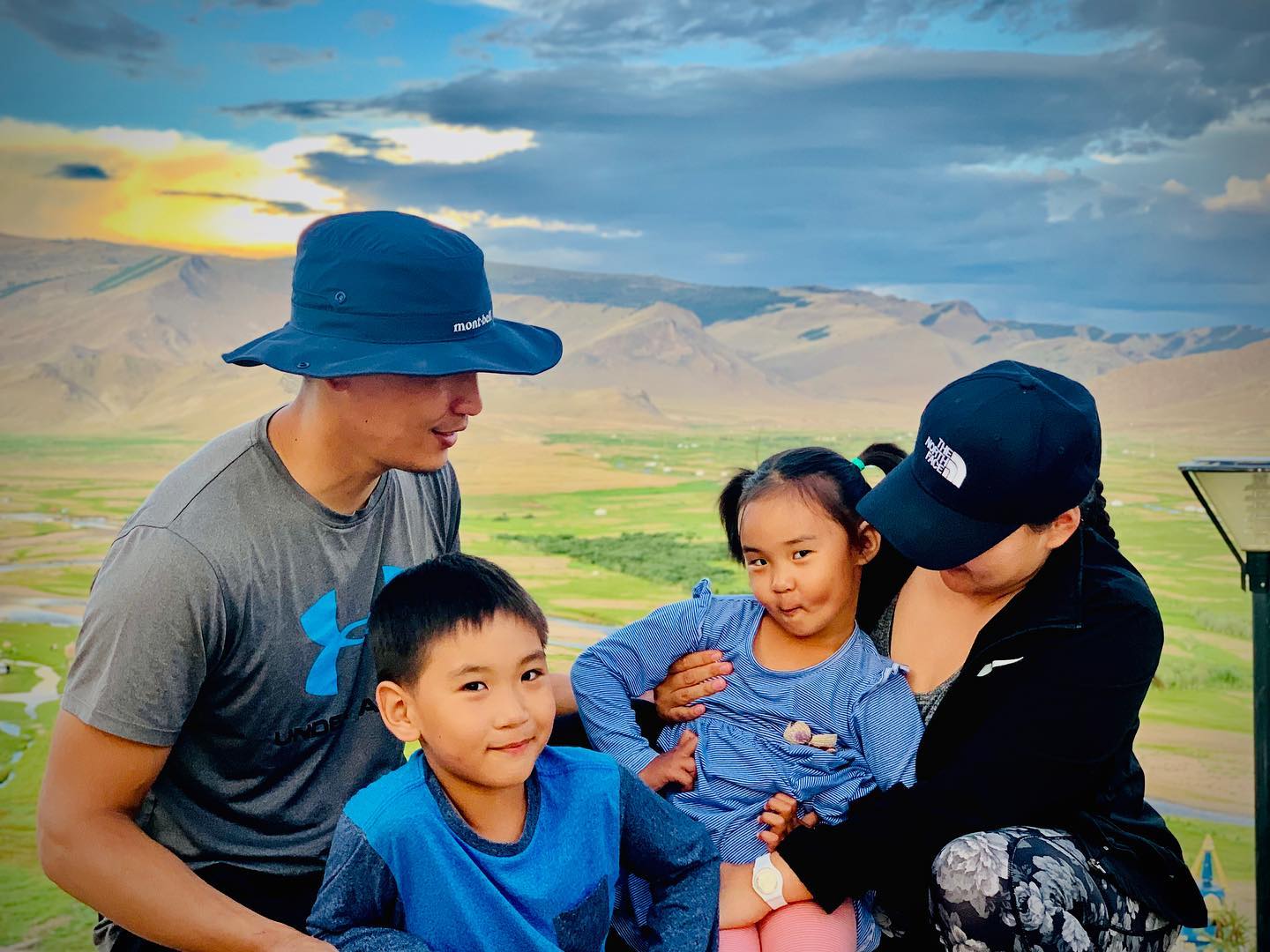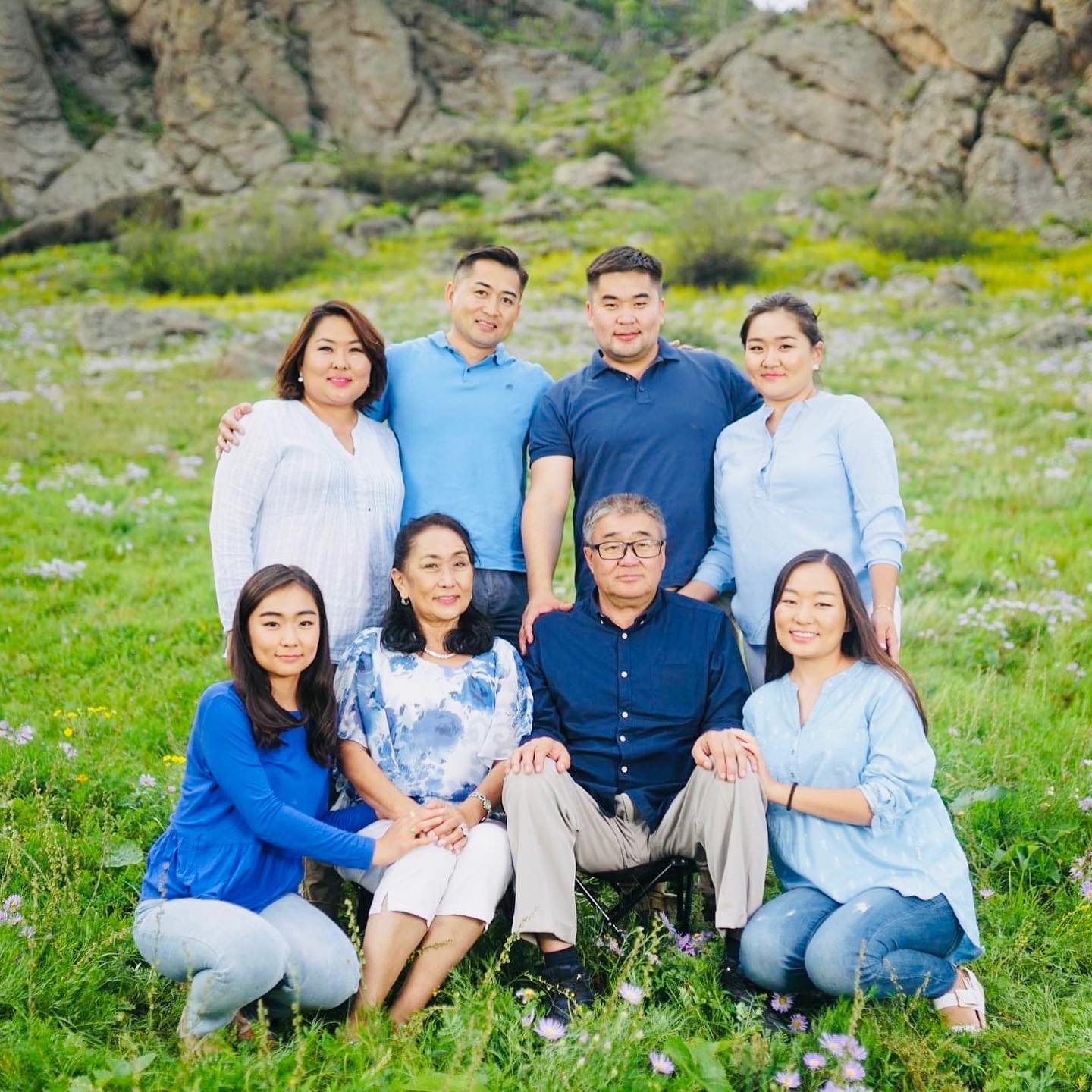“Growing up during socialism, my parents were not much into practicing traditional customs or superstitious activities. They just followed Russian culture … and adopted western manners to a degree, as they were under state control about what they choose to do or study and how they live. And anybody who did not support the cultural shift campaign was persecuted back then. However, this does not mean that we don’t follow the local traditions and culture at all. My parents just gave up practicing some of the traditional rituals, such as offering the first cup of tea to nature or heaven, etc.”
“My parents had five children, and all seven of us lived in a small two-room apartment. It was a little difficult at the time because my father had lost his job, just like many others, but I think we overcame that challenging period as my parents worked hard. As we were the church members, we were able to overcome the hard time, I believe. It would have been difficult otherwise.
The place where we lived was notorious for its alcoholics wandering around and it was named as Valley of Drunkards. Even entering apartments, there would be drunk men on those stairs, or in dark corners and such was a common picture in the time. This environment did not affect the upbringing of me and my siblings as my parents did their best so that we can get a good education. When father joined the church, he thought of us, and he had a vision of helping the youth to avoid alcohol and other types of addictions. I think his choice has had a big impact on our family life… I went to a lot of church activities, and played with many friends. From Primary class, I was busy spending time with brothers and sisters at home and at church. Initially, the missionaries taught us not only the principles of the gospel but also there were cultural exchanges. My classmates at school used to be surprised asking, ‘Why do foreigners come to your house?’”
“The advantage of living in Mongolia is you feel freedom. You can worship the religion you want and do what you love. I think I am lucky to be born in the country, because my freedom is protected by law. The disadvantages are economic poverty and financial crises, but freedom is more than material wealth. So, I am grateful for living in Mongolia.”
